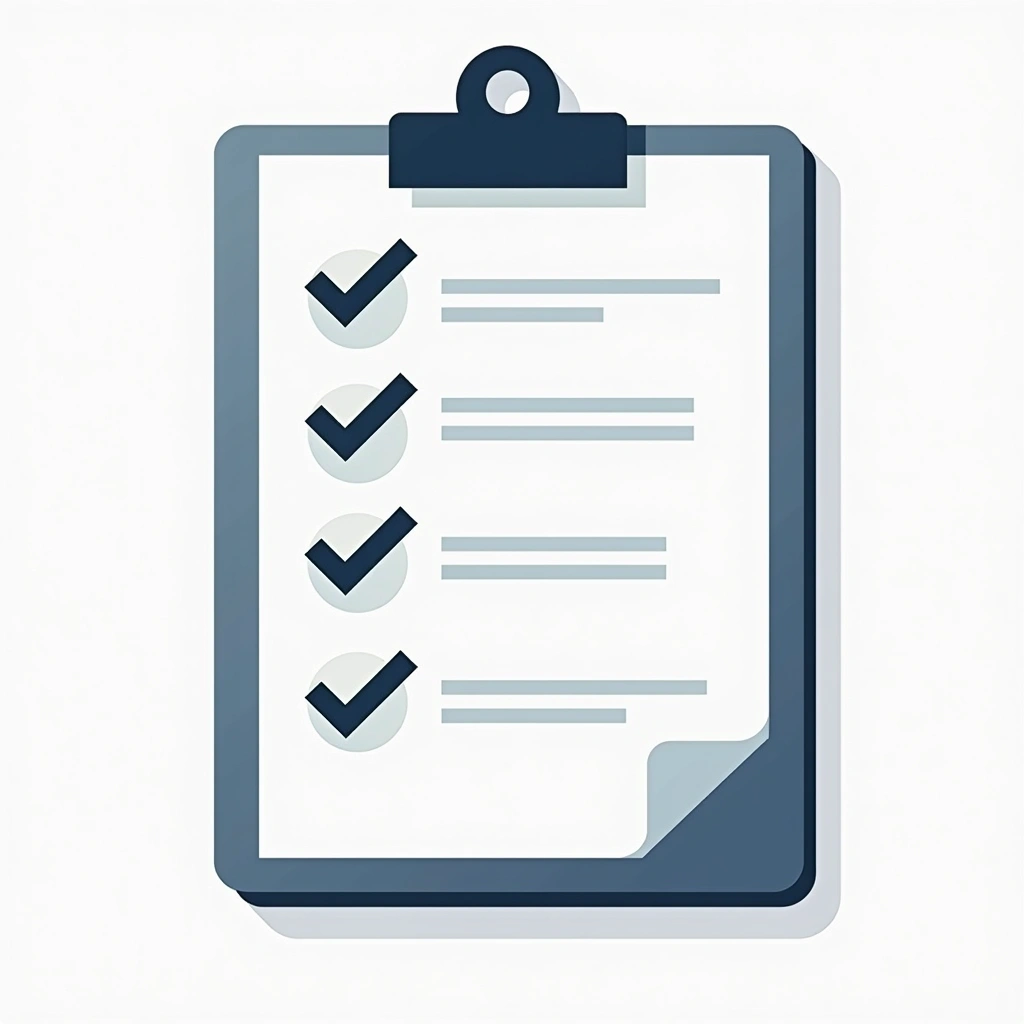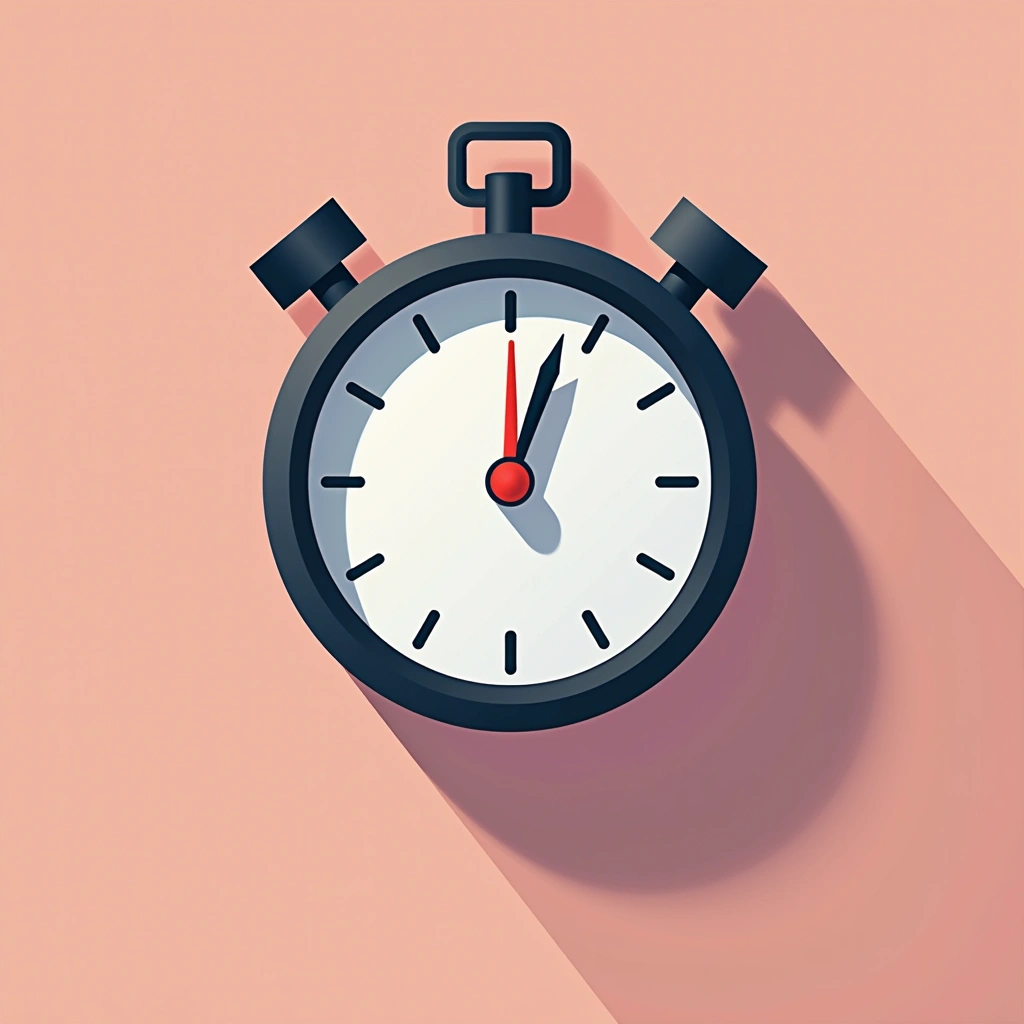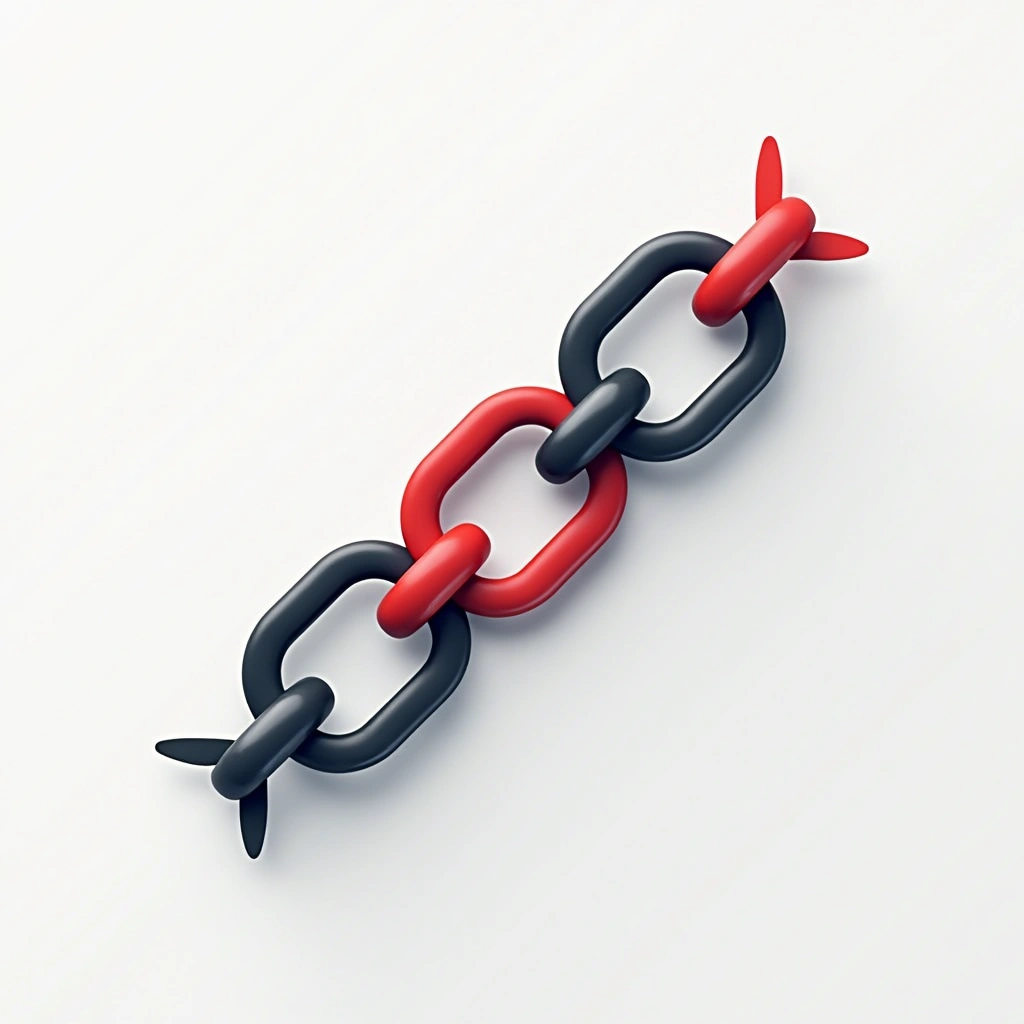
Tackle Important Tasks First
Begin your day by focusing on the most important tasks rather than easy ones. This ensures critical work gets done when your energy is highest.



Cultivate Deep Work
Schedule focused time blocks without distractions to engage in concentrated work. This practice yields higher quality results and faster completion times.



Maintain Distraction List
Keep a notepad to jot down distracting thoughts or ideas while working. This prevents interrupting your flow while ensuring ideas aren't forgotten.



Apply Eisenhower Matrix
Categorize tasks based on importance and urgency using a four-quadrant matrix. This helps identify long-term priorities versus tasks that need immediate attention.



Use 80/20 Rule
Focus on the 20% of activities that yield 80% of your results. This principle helps identify and prioritize high-impact actions over busy work.



Chunk Large Projects
Divide complex projects into smaller, manageable tasks with clear endpoints. This reduces overwhelm and creates frequent completion triggers for motivation.



Schedule Deliberate Breaks
Incorporate short, planned breaks between work sessions to refresh mental energy. This prevents burnout and actually increases overall output quality.



Reduce Decision Load
Minimize trivial daily decisions through routines and defaults. This preserves mental energy for important choices and creative thinking.



Prioritize Personal Wellbeing
Incorporate regular exercise, proper nutrition, and adequate sleep into your routine. These fundamental practices provide the physical foundation for sustained productivity.



Prepare Day Before
Create the next day's agenda before ending your current workday. This provides clear direction when you begin and reduces decision paralysis in the morning.



Maintain Tidy Environment
Keep your physical workspace clean, labeled, and free of unnecessary items. This reduces time wasted searching for materials and minimizes visual distractions.



Create Morning Routine
Develop a consistent set of actions to perform before starting work each day. This signals to your brain that it's time to transition into a productive mindset.



Create Achievable Targets
Break ambitious objectives into smaller, measurable milestones with clear completion criteria. This provides regular wins and prevents feeling overwhelmed.



Craft Concise Messages
Structure emails with clear subject lines, brief content, and explicit action items. This saves time for both sender and recipient while reducing follow-up exchanges.



Focus On Single Task
Work on one task at a time until completion or a logical stopping point. This eliminates the switching cost that occurs when attention is divided among multiple activities.



Decline Low-Value Requests
Politely refuse tasks and commitments that don't align with your priorities. This preserves your time and focus for activities that drive your most important goals.



Design Actionable Lists
Create to-do lists with specific, concrete next actions rather than vague projects. Each item should be immediately actionable without further clarification.



Slash Task Duration
Challenge yourself to complete routine tasks in progressively less time. This creates productive pressure and prevents work from expanding unnecessarily.



Structure Ideal Day
Plan your workday according to your energy levels and the cognitive demands of different tasks. This aligns your most challenging work with your peak performance hours.



Eat For Performance
Choose foods that provide sustained energy and avoid those causing crashes or lethargy. This nutritional approach maintains consistent cognitive function throughout the day.



Beat Delay Tendencies
Identify your specific procrastination triggers and develop personalized countermeasures. This systematic approach addresses the root causes rather than symptoms.



Control Digital Distractions
Set specific boundaries around social media usage including designated times and duration limits. This prevents endless scrolling from consuming productive time.



Limit Passive Watching
Be selective and intentional about television viewing rather than using it as a default activity. This preserves time for more engaging and growth-oriented pursuits.



Silence Self-Doubt
Develop awareness of negative self-talk and replace it with constructive feedback. This prevents productivity-killing rumination and maintains forward momentum.



Align With Chronobiology
Schedule different types of work according to your natural energy fluctuations throughout the day. This harnesses rather than fights against your body's inherent patterns.



Compress Work Timeframes
Deliberately allocate less time than you think tasks require to create productive pressure. This prevents work from expanding unnecessarily to fill available time.



Work In Focused Sprints
Work in dedicated 25-minute intervals followed by 5-minute breaks, with longer breaks after four cycles. This structured approach maintains focus while preventing burnout.



Schedule Every Activity
Allocate specific calendar blocks for all tasks including routine work, not just meetings. This creates a realistic visual representation of your time commitments.



Group Related Activities
Cluster similar types of work and handle them in dedicated time blocks rather than as they arise. This reduces the cognitive switching cost between different modes of thinking.



Chain Complementary Actions
Attach new productivity habits to existing automatic behaviors rather than creating them from scratch. This leverages established neural pathways to build new routines.

